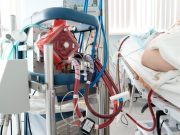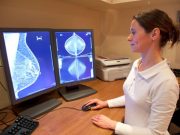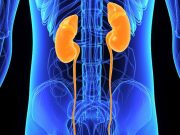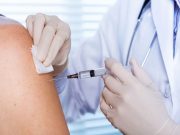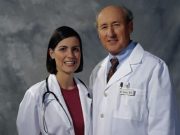Antibodies Decrease With Time After COVID-19 Symptom Onset
For all donors of convalescent plasma, drop seen in anti-RBD antibody levels from first to last donation
Plasma Caffeine Concentration Lower in Parkinson Disease
Results similar for caffeine metabolites and non-xanthine marker for coffee consumption in plasma
Considerable State-Level Variation Found in Prevalence of Eclampsia
Variation between states modest in chronic hypertension, hypertensive disorders of pregnancy
Mortality Below 40 Percent for COVID-19 Patients Put on ECMO
Cumulative incidence of in-hospital mortality estimated to be 37.4 percent at 90 days
Older Adults Likely to Be Excluded From COVID-19 Trials
Fifty percent of phase 3 clinical trials and 100 percent of vaccine trials at risk for excluding older adults
Ductal Carcinoma In Situ Tied to Threefold Higher Risk for Death
Risk for dying from breast cancer remains elevated 15 years after initial diagnosis
Immunotherapy Combo Treats Advanced Kidney Cancer
First results show survival benefit with nivolumab plus cabozantinib versus sunitinib
Exercise Lowers Mortality for Patients With Type 2 Diabetes
All-cause mortality significantly decreased for those with higher exercise capacity versus no exercise habits
~60 Percent of Pregnant Women Got Flu Shot in 2019 to 2020
56.6 percent received Tdap in pregnancy; highest cover seen with provider offer, referral for vaccination
Female Doctors Generate Less Revenue Per Office Visit Than Males
However, female physicians spend more observed time in visits per year than their male counterparts





